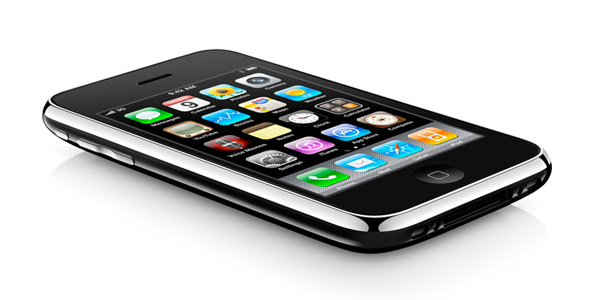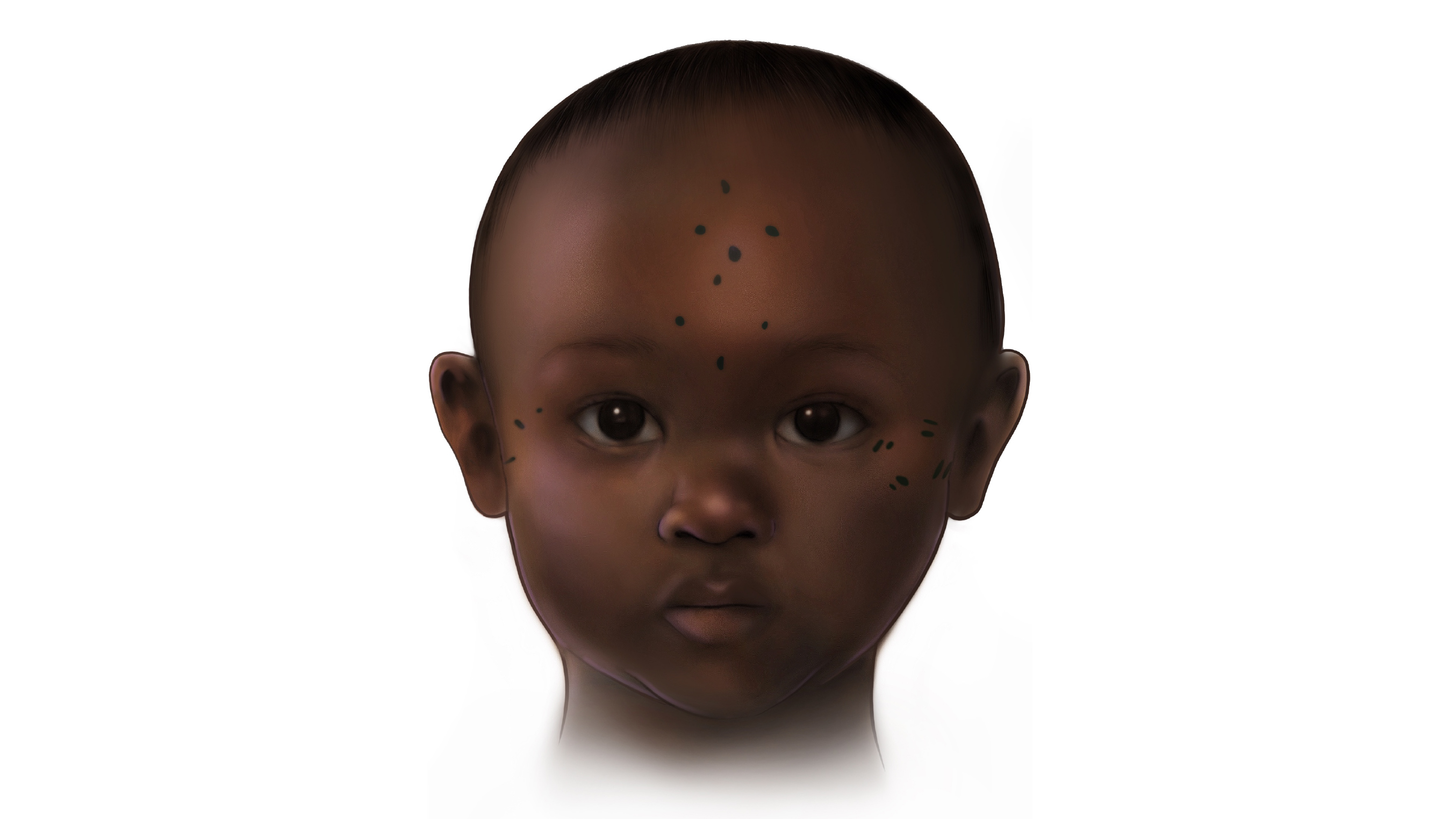Weight-Loss App Works — With Coaching

A mobile app can help people lose weight, but only when paired with diet and exercise education, a new study suggests.
People in weight loss programs who used the app, which helped them keep track of their calorie intake and physical activity, lost about 15 pounds in three months. And they kept the weight off for a year. By contrast, people who attended a weight loss program, but never used the app, did not lose a significant amount of weight during the same time period.
However, the app was only effective if people who used it also attended weight loss program sessions, which discussed proper nutrition and physical activity, and weighed in participants on a scale. People who used the app, but attended fewer than 80 percent of their sessions, actually gained weight after a year.
"The app is not magic," said study researcher Bonnie Spring, a professor of preventive medicine at Northwestern University Feinberg School of Medicine in Chicago. "You need the knowledge base and the social support that you get from those group classes."
Her advice is not meant to discourage anyone who uses a mobile app for weight loss, because some people may be able to lose weight using this method alone, Spring said. And future research may reveal a way to incorporate support and education into apps so that physical classes aren't needed, Spring said. [See The Best Apps for Your Health.]
Because the study primarily involved older men, however, it's not clear if the findings can be generalized to the population as a whole.
Improved weight loss
Get the world’s most fascinating discoveries delivered straight to your inbox.
The study examined 69 adults (85 percent of them were men), with an average age of 58, who participated in a year-long weight loss program. About half of the participants used the mobile app to augment their program, while the other half, the control group, did not.
All participants were offered weight loss information sessions, held twice a month for six months, and then once a month for the rest of the year. People in the mobile app group used a mobile device to record what they ate and how much they exercised. This information then went to a coach who spoke with participants about twice a month.
People who did not use the app were asked to record their calorie intake and exercise times on paper.
On average, participants in the mobile app group had lost about 8.6 pounds more at every checkup (which took place at 3 months, 6 months, 9 months and 12 months) than those in the control group.
App help
Because the app provides immediate feedback — it showed users how many of their daily calories they had already consumed, and how close they were to reaching their physical activity goal — it "rewards" them for entering information, Spring said. This strengthens how well participants monitor themselves, she said.
In addition, because the app sent information to a coach, it gave people the sense that someone was "watching," even if the coach did not interact with the person very much.
"You knew [the coaches] were paying attention. If you stopped uploading, they would contact you," Spring said.
In fact, the study cannot disentangle the specific effect of the app from that of the coach, so future research is needed to clarify the role each played, Spring said.
It's not clear whether participants will maintain their weight loss over the long term. However, the program did include a "maintenance phase," with fewer sessions and no feedback from coaches, to simulate real life after the program. Those in the mobile app group still kept their weight off during this phase.
Because people can access mobile technology at any time, "this maintenance phase is pretty representative of what we can expect maintenance to look like in the future," Spring said.
The study is published online today (Dec. 10) in the journal Archives of Internal Medicine.
Pass it on: A mobile app teamed with diet and exercise education can help people lose weight.
Follow Rachael Rettner on Twitter @RachaelRettner, or MyHealthNewsDaily @MyHealth_MHND. We're also on Facebook & Google+.

Rachael is a Live Science contributor, and was a former channel editor and senior writer for Live Science between 2010 and 2022. She has a master's degree in journalism from New York University's Science, Health and Environmental Reporting Program. She also holds a B.S. in molecular biology and an M.S. in biology from the University of California, San Diego. Her work has appeared in Scienceline, The Washington Post and Scientific American.


